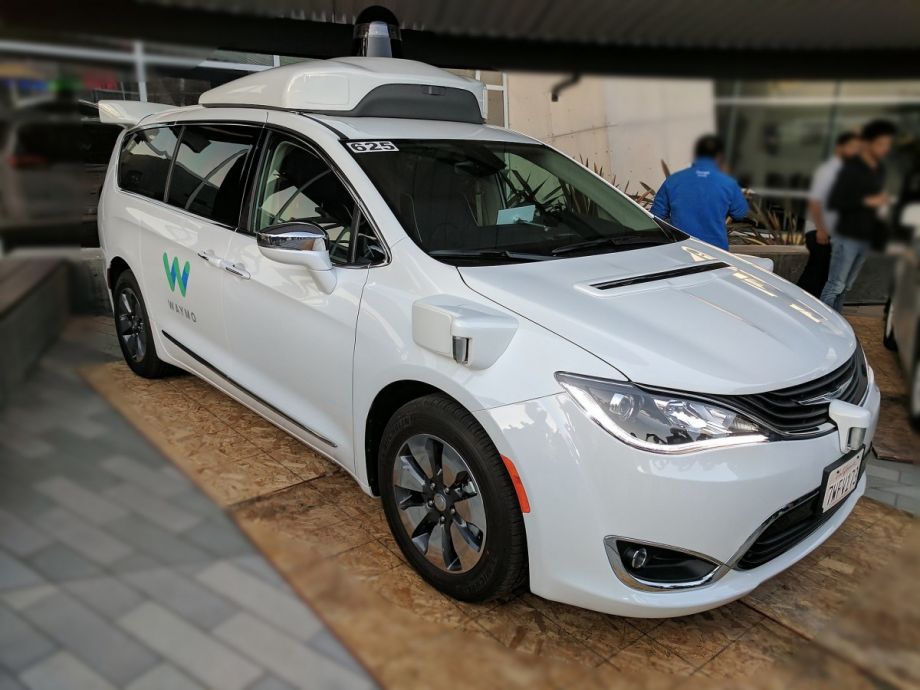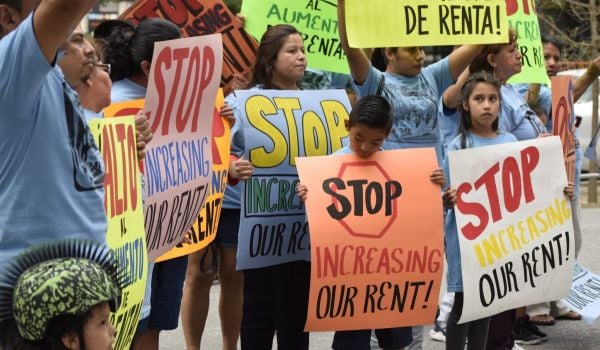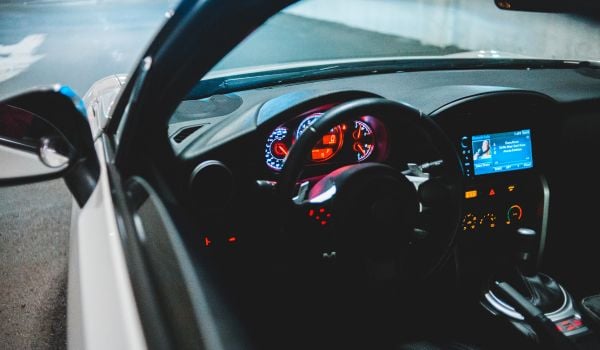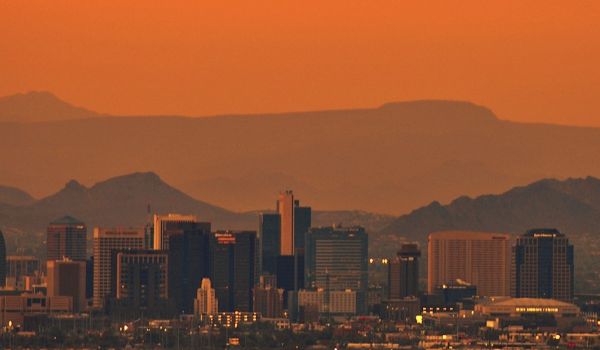Waymo, the self-driving car startup run by Google parent Alphabet, is planning to launch commercial taxi service in Phoenix before the end of the year, Bloomberg reports.
The service will launch under a new brand with a secret-for-now name, and the ramp-up will be pretty slow. Only a few “dozens or hundreds” of riders in the Phoenix suburbs will have access to the new taxis for now. They’re likely the same people who participated in the Early Rider Program, 400 volunteer families who have been riding Waymos for the past year, Bloomberg speculates. Once the new robotaxis launch, volunteers will be “released from their non-disclosure agreements” and can legally take selfies and friends along in the cars.
“This positions Waymo really far ahead of everyone else,” Nick Albanese, an intelligent mobility analyst at Bloomberg New Energy Finance, told Bloomberg. “GM is the other leader, and they’re probably more than a year away from doing this. It’s very impressive.”
Bloomberg says that Waymo’s cars can drive nearly three times as far as competitors before humans have to step in and take control, according to tests in California. In 2017, Waymo cars traveled approximately 5,500 miles at a time without human intervention.
“Some cars” in the new company-that’s-not-called-Waymo fleet will still have backup drivers, and prices will be competitive with Uber and Lyft, The Verge wrote. (Beyond that, it’s unclear what the rides will cost.)
Waymo has been testing its cars in the Phoenix suburbs since 2016. Competitors such as Uber have also been testing in the region. Famously, an Uber self-driving SUV struck and killed Elaine Herzberg, who was crossing the street in Tempe, a Phoenix suburb, in March. Waymo cars have been involved in “dozens” of accidents, the Boston Globe added, but most have been fender-benders. Waymo says that its vehicles are safer than human drivers because they don’t get distracted or drive drunk. If so, it will be a boon for Arizonans, who live in the state with the highest rate of pedestrian fatalities in the nation. Phoenix, in particular, has a high rate of pedestrian fatalities, though city officials have been slow to adopt Complete Streets recommendations.
In early 2018, Fiat Chrysler said that Waymo had ordered “thousands” of vehicles for the program, the Arizona Republic reported. Bloomberg put a more specific number on that, reporting that the company has agreed to buy 62,000 plug-in hybrid minivans and 20,000 all-electric SUVs “over the next few years.”
If Waymo succeeds, Ed Finn wrote in MIT Technology Review this summer, it has the potential to reshape Phoenix completely. The sprawling metro area was designed to accommodate cars, he said; so what if residents could borrow a self-driving vehicle whenever they need one? Waymos can’t go through a normal car wash for fear of damaging delicate sensors; will existing car washes retool or will Google build its own specialized facilities? Maybe instead of cars, we’ll have autonomous droids that carry heavy purchases as we walk down the sidewalk. Maybe the grocery store will come to us. Finn points out that Amazon already has a “Treasure Truck,” which invites customers to meet a delivery truck carrying a deeply discounted single item. It’s not a stretch to imagine that truck becoming self-driving, and maybe more practical.
Consistent with that attitude, Waymo is not just focusing on transporting passengers. Waymo CEO John Krafcik told CNET that self-driving trucks could be the first money-making enterprise. The U.S. faces a 50,000-driver shortage in the trucking industry, which is projected to grow to 275,000, he said.

Rachel Kaufman is Next City's senior editor, responsible for our daily journalism. She was a longtime Next City freelance writer and editor before coming on staff full-time. She has covered transportation, sustainability, science and tech. Her writing has appeared in Inc., National Geographic News, Scientific American and other outlets.
Follow Rachel .(JavaScript must be enabled to view this email address)















